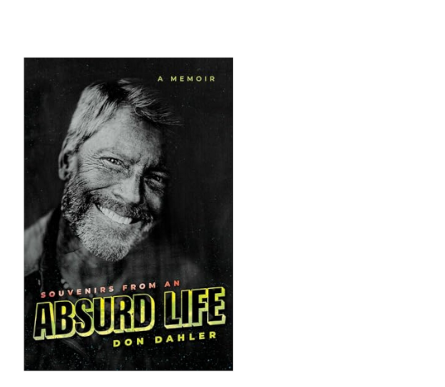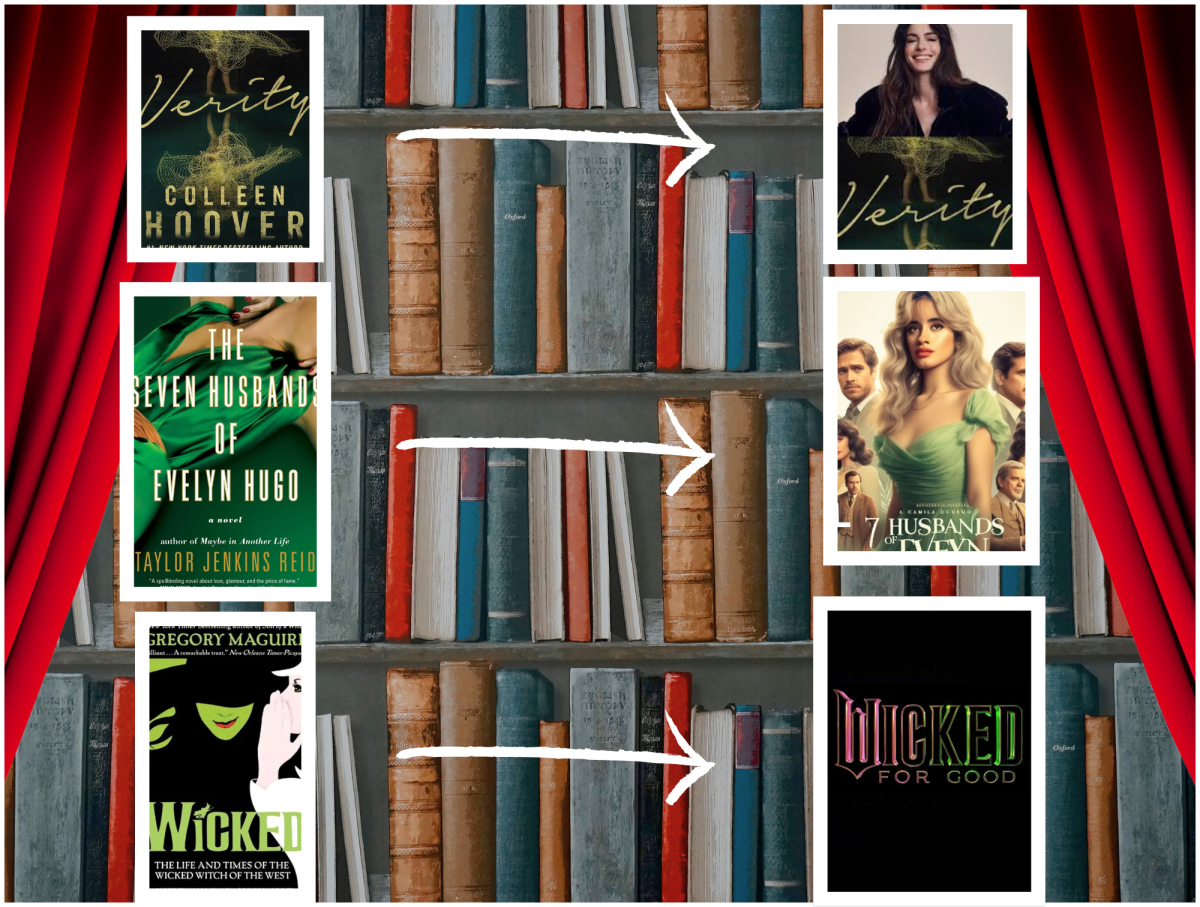Could this already be the movie of the year ? On Friday, March 1st, crowds across America rushed to see the highly anticipated sequel to the 2021 film Dune: Part One. Dune: Part Two scored a 94% on Rotten Tomatoes and scored $82.5 Million in the box office.
Dune is an adaptation of the 1965 sci-fi novel of the same name by Frank Herbert. Although there is a whole series of books, the two films only cover the first novel. The first of the series follows the House of Atreides made up of Duke Leto, his son Paul, and Lady Jessica. Spice is the most valuable thing in the known universe and the house of Atreides plans to colonize the planet of Arakkis because of its large amount of spice production. Paul struggles to follow in his father’s footsteps and simultaneously learn his mother’s Bene Gesserit teachings of superhuman abilities. The film ends about halfway through the storyline of the book where Paul and Lady Jessica encounter the Fremen of Arrakis while in hiding from their enemy, the Harkonnens, who also plan to take over the spice.
When Dune: Part One came out, the audience felt that the movie ended as soon as the storyline became more engaging. The first film focused more on exposition, world-building, and cinematography than action and violence, which people found boring. This film, however, brought all of the good parts of the first one and combined it with the fantasy action known well by the fan base. Fans of the book were aware of the story’s incompleteness but found that waiting more than two years (and a five-month delay due to the SAG-AFTRA strike) was worth the wait.
The star-studded cast, amazing cinematography, and impressive direction from Denis Villeneuve brought a whole new fanbase to the saga. The audience of the first film was a mix of fans of the book and fans of the current biggest Hollywood stars, such as Zendaya and Timothée Chalamet. The two proved that they are not only Hollywood heartthrobs but can demonstrate a wide range of acting abilities and a new point of view on the characters. The second film added many new familiar faces such as Florence Pugh, Austin Butler, Lea Seydoux, and even the Hollywood living legend, Christopher Walken.
The sequel starts with Paul Atreides, played by Timothée Chalamet, who has now taken his father’s place as the Duke. He is in a hideout with his mother, Lady Jessica, with the Fremen of Arrakis. Lady Jessica, played by Rebecca Ferguson, and Paul experience a reawakening as they become one with the Fremen. With their eyes now blue from the spice, they become extremely powerful and take on the roles of “Muad’dib” and “Reverend Mother”.
Zendaya’s character, Chani became a much more important character to the story than in the first film. Chani is the love interest of Paul and eventually one of Paul’s biggest motives for taking on the role of “Lisan Al Gaib”.
Austin Butler plays the eerie Feyd-Rautha, a Harkonnen, who is the ultimate enemy of the house of Atreides. Feyd is a bald-headed, strong, and villainous character, whose motive is to kill the Fremen and Paul. Butler showed off his range of acting skills and shocked audiences with his performance. “Butler is poised to keep surprising as he charts a path through Hollywood, armed with leading-man looks and character-actor abilities,” says The Washington Post (Rao).
Chalamet has the most impressive performance in the film as his character shifts from being the son of the Duke to being a prophet. Like Butler, Chalamet showed off his ability to capture a whole different range of characters. From his film Wonka, which came out in December 2023, to Dune: Part Two in just a few months, his performances as a whole are becoming more and more recognized.
Both Zendaya and Chalamet portray their characters using so much value in so little dialogue. This is one of Villeneuve’s techniques used in both of the films which compliments the actors’ ability to rely on their facial expressions as well as tell the story through amazing cinematography. The New York Times describes their performance in the film as “together they humanize the story, giving it the necessary personal stakes and a warmth that helps balance the chilling violence” (Dargis).
Denise Villeneuve received praise for his take on a very unadaptable novel and for turning it into a visually stunning, immersive, and creative film. The incredible score done by Hans Zimmer, and the cinematography by Greig Frasier, added to the richness of the Dune franchise. Villeneuve proved that a good adaptation was indeed possible for such an impactful saga of books that paved the way for many science fiction media.








